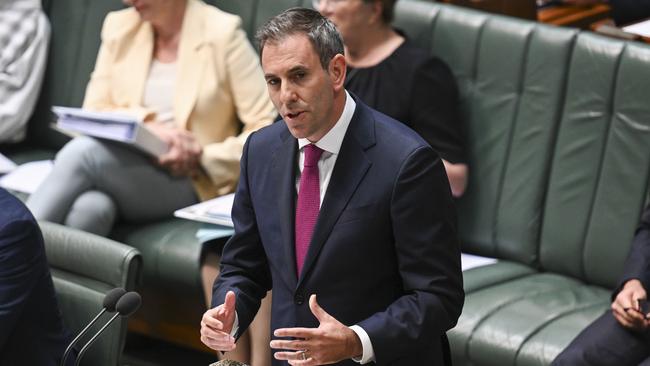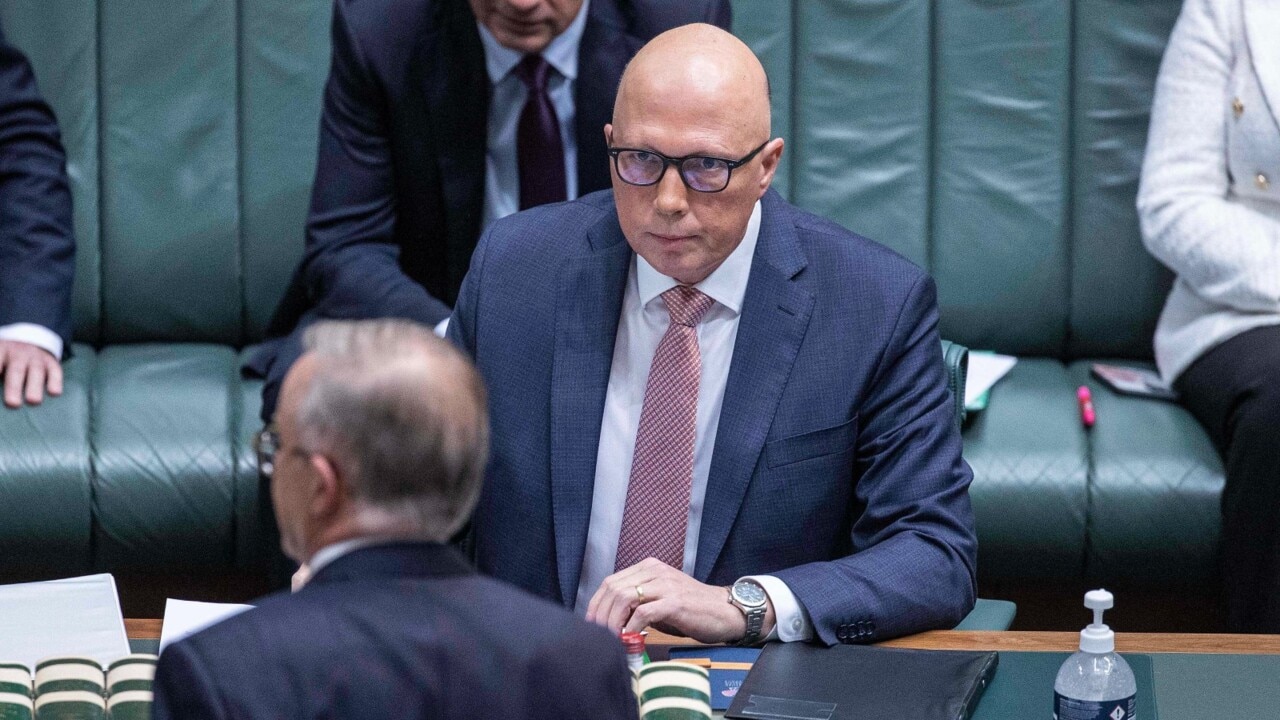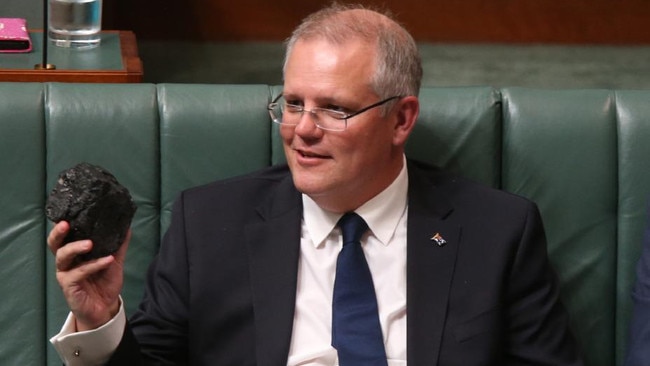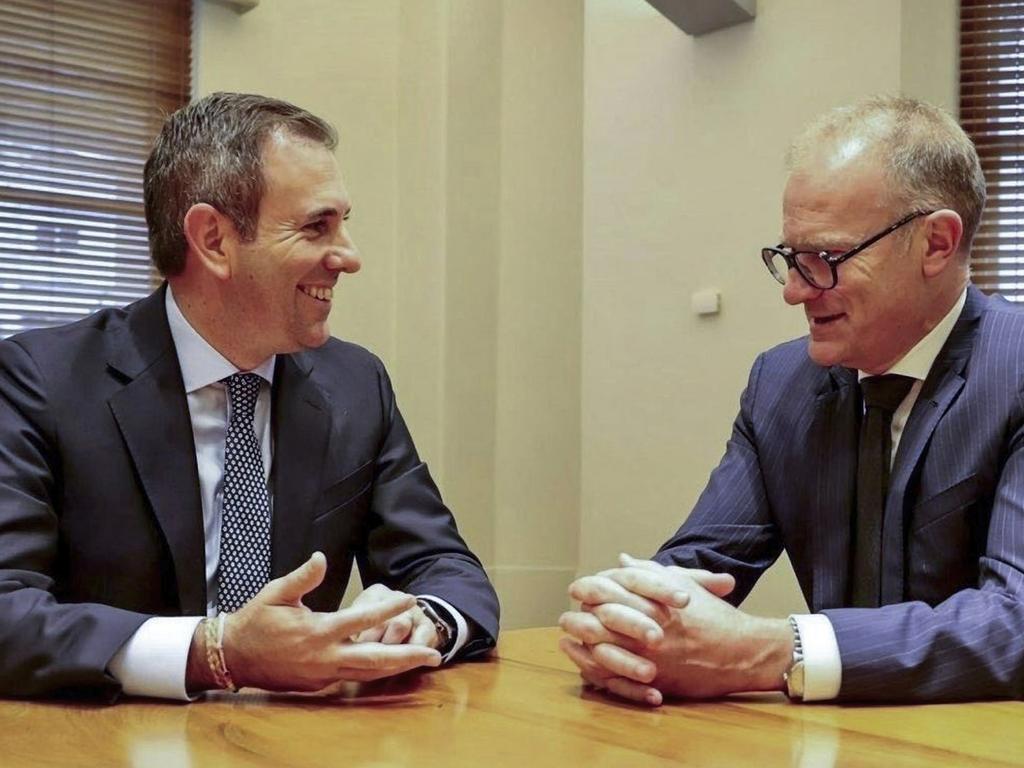Less rhetoric, more productivity or we’ll pay the price

The Productivity Commission recently observed of the so-called energy transformation that “the difference between doing it efficiently or poorly will be a major determinant of living standards in the future”.
While not saying so explicitly, the report’s contents make clear that Australia has in fact been doing it “poorly”. On the present trajectory, notwithstanding the escalation in electricity prices, it is becoming doubtful that supply can continue to be relied on to meet demand – at least to the extent the population has come to expect.

That the public is only now becoming aware of the risks can be attributed in part to the complexity of the forces at work, but also to how governments have gone about things. As a long-time observer of this evolving policy debacle, I see several aspects that stand out.
The first has been the demonisation of market pricing as an allocative mechanism. The federal opposition’s slogan “a great big tax on everything” may have been effective electorally in 2013, but it has killed off any prospect of least-cost methods being used to reduce emissions. Instead, we have seen the emergence of a variety of financial and regulatory measures to promote low-abatement technologies and activities; these are interventions that have destabilised the grid and pushed up electricity prices. This is regrettable given the costs of attaining any emissions target were always going to be greater for Australia.

A second contribution has been the public demonisation of energy sources other than renewables. Indeed, coal could not even be named in the Treasurer’s recent budget speech as the export commodity responsible for an unexpectedly large surplus. And while it was once uncontested that gas would need to play a key role in the transition from coal, this crucial interim energy source has also come under attack from environmental groups and governments alike, with Victoria even vetoing its inclusion in the National Security Mechanism.
Nuclear energy, currently the only other feasible longer-term option for the “firming” needed to accompany intermittent renewables, remains subject to a legislative ban imposed decades ago, with the current minister’s list of reasons for retaining a “no-nuclear” policy thin on evidence.
A third element is that the ambitious targets for emissions reduction and renewable energy seem to have been set or agreed to by both sides of politics without a proper assessment of the full costs of attaining them, including the transmission costs and environmental impacts. Meanwhile, coal-fired generators are being driven out without a way to replicate the 24/7 service they provide.
The result of all this is an energy “system” requiring far more capital to produce less reliable power. This is the antithesis of a pro-productivity approach.
There is not even the consolation that we are at least “making a difference” to the climate – as the public has increasingly been led to believe. The experience in these areas indicates that the productivity challenge has become as much about averting new anti-productivity policies as reforming those in place.

As the chief executive of Australia’s largest company recently remarked: “What can government do to enhance productivity? Stop doing more harm!”
The past decade or so has seen a further shift away from “evidence-based policymaking” to policies based on “light bulb moments”.
When it comes to energy policy and industrial relations, the associated political rhetoric has become increasingly hyperbolic and disconnected from economic reality.
Thus we have the PM lauding his government’s “smarter, more strategic approach” to the productivity challenge and the Treasurer saying the energy “transformation” is a boon for productivity, when evidence and logic indicate otherwise. Infrastructure schemes that would fail any reasonable cost-benefit test are depicted as “nation building”.
This rhetorical approach to policymaking has enabled anti-productivity provisions in legislation to get a far easier ride through our parliaments than warranted.
So is there any hope of restoring a real pro-productivity orientation to policy conduct? Based on experience to date it is hard to see this happening under either major party. An excess of “pragmatism”, combined with a more “progressive” and assertive crossbench, stymied progress at the federal level under the Coalition. Devotion to big government, a suspicion of market forces and strong union influence are proving even more challenging under Labor.

If there is to be reform of a kind that would make a difference to productivity performance, it will require a change in the politics. Governments follow or anticipate public opinion more than lead it. How the public reacts to the stagnation or decline in living standards, which an ongoing productivity malaise implies, remains to be seen. But an electoral backlash cannot be ruled out – as we have just seen in Western Australia against the ill-conceived “heritage” legislation.
In recent years, industry bodies such as the BCA, NFF and AMC, have been less engaged in resisting anti-productivity policies and less effective in pressing the case for reform. By contrast, despite dwindling membership, unions have become increasingly influential.
With the consequences of complacency becoming increasingly manifest, especially in the crucial areas of energy and IR, I sense that things are beginning to change.
Importantly, we are starting to hear from senior business figures themselves, who can speak with authority about the impacts of policy at the enterprise level. With many PC reports still on hold, there is no shortage of reform ideas to take forward.
Gary Banks was chair of the Productivity Commission from 1998 to 2013. This is an edited extract from his Shann Memorial Lecture, delivered in Perth on Wednesday evening.







The abundance of low-cost energy in Australia has tended to offset the detrimental impact on industry competitiveness and the growth of our rigid labour market. But this is ceasing to be the case, and it does not augur well for our economic future.